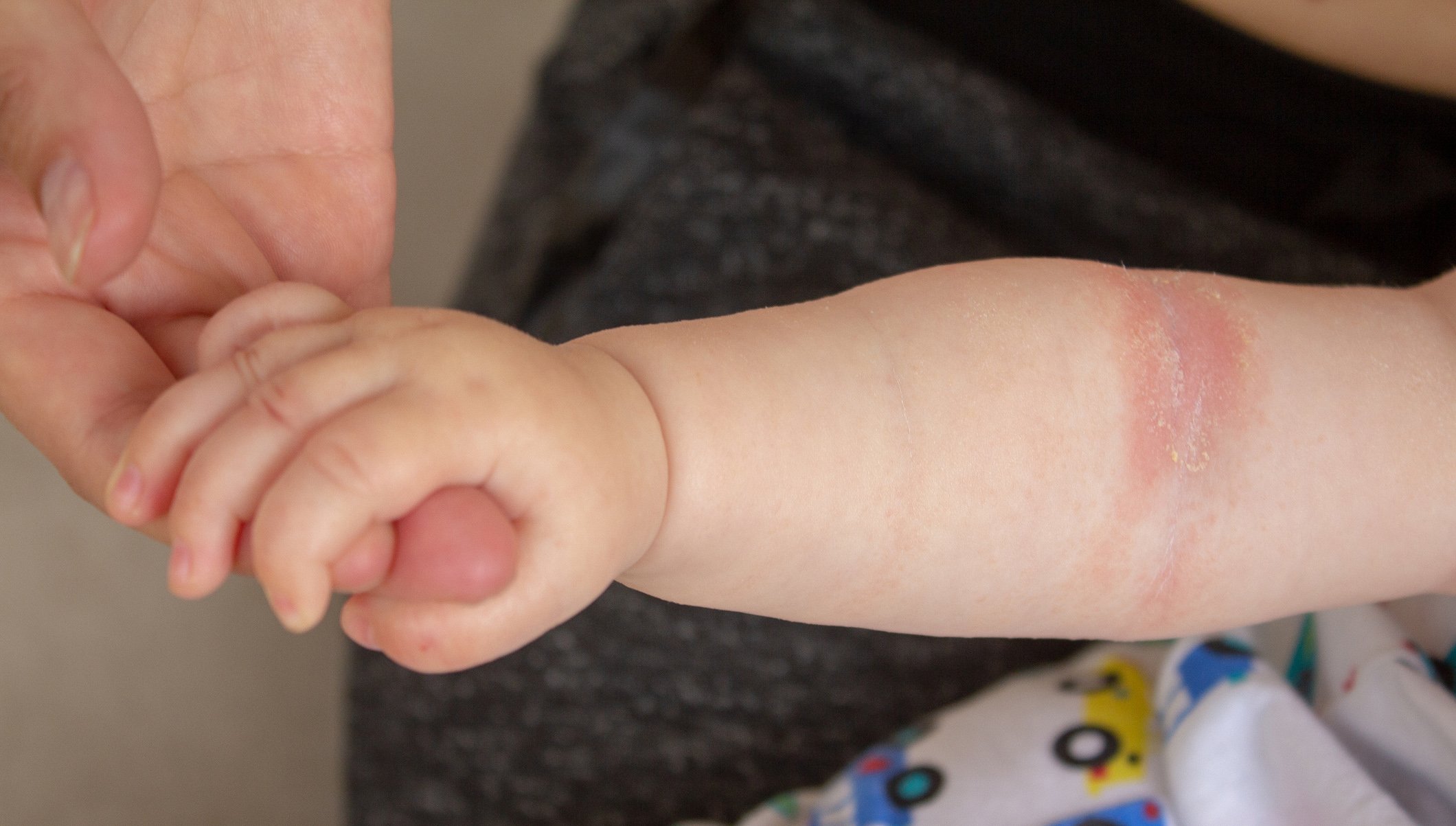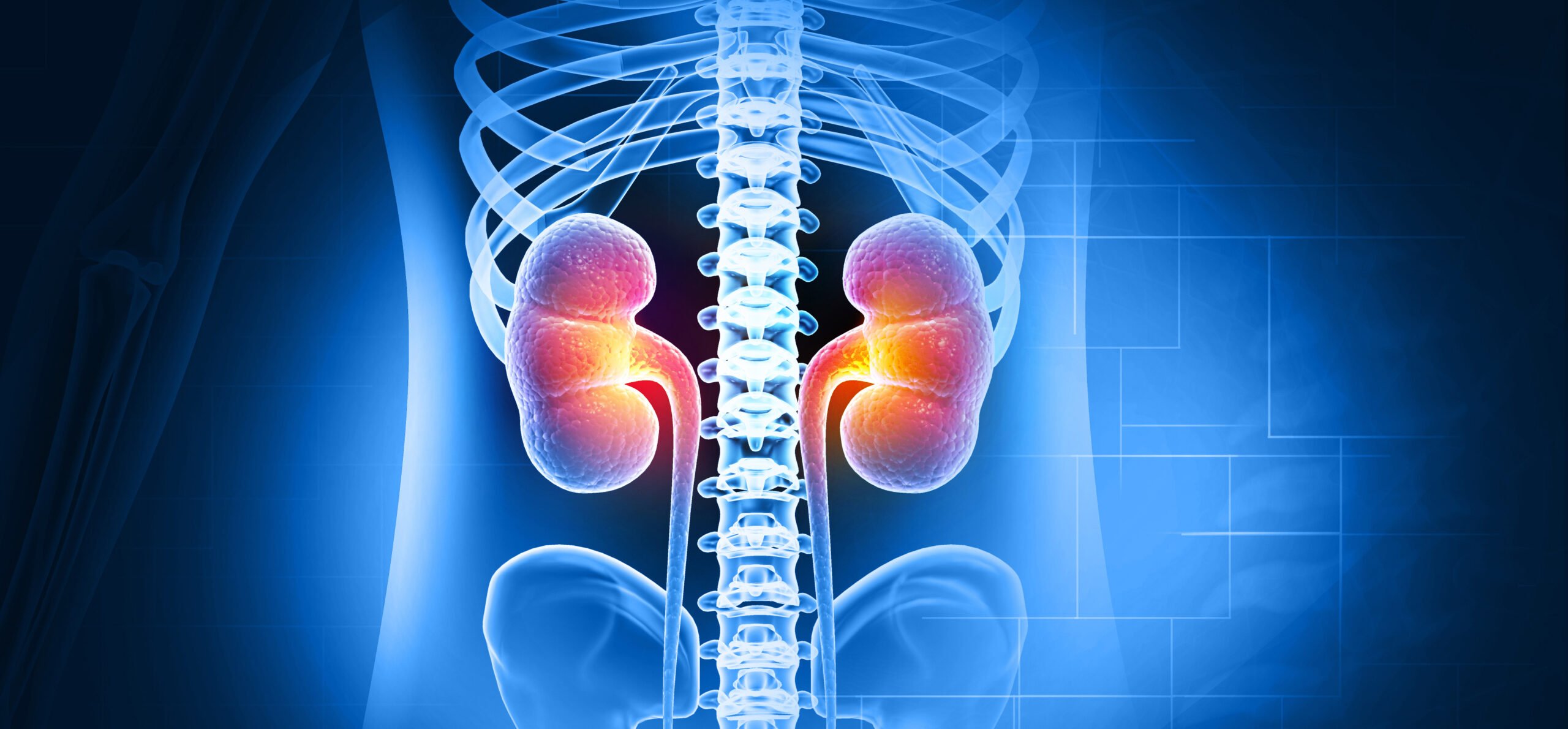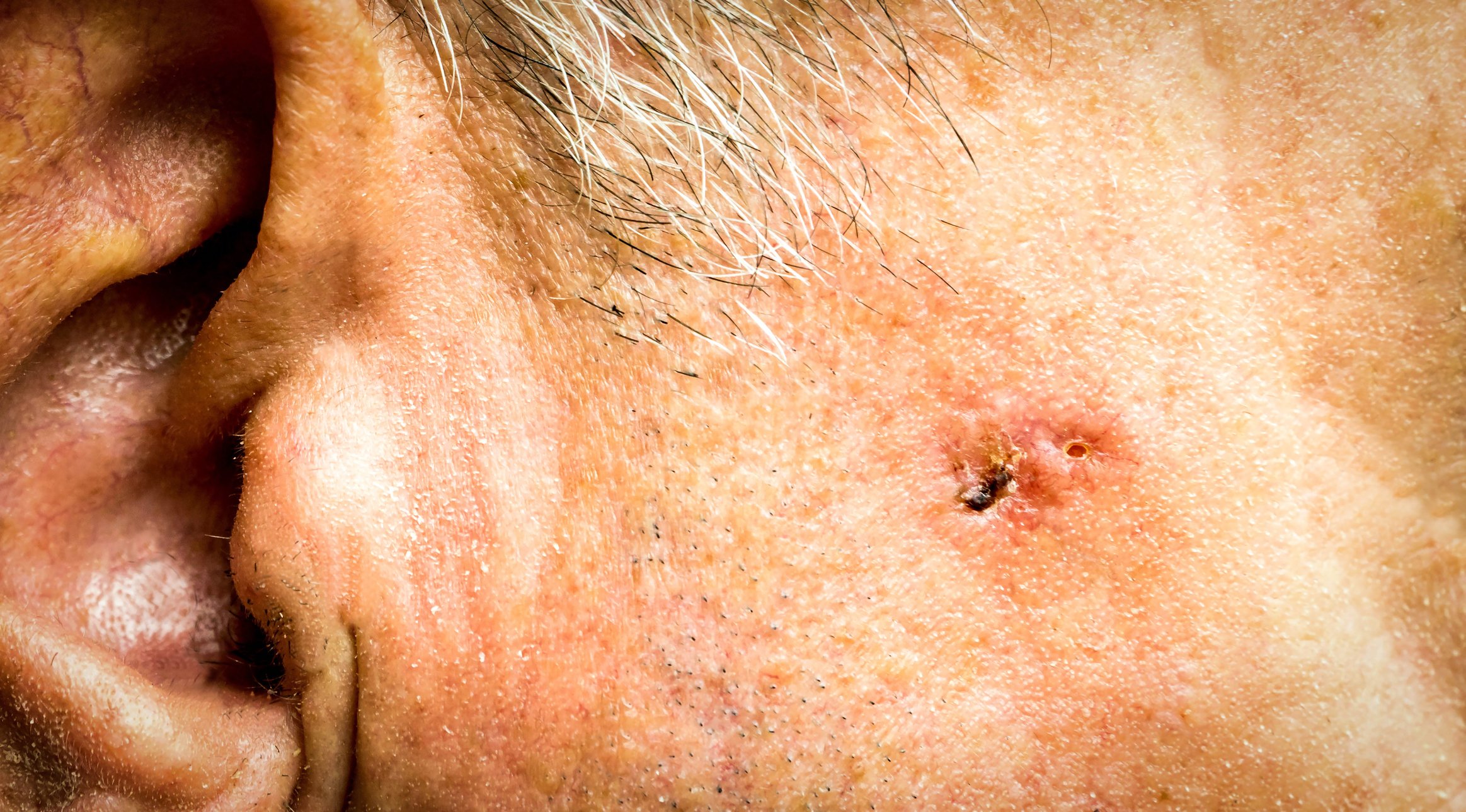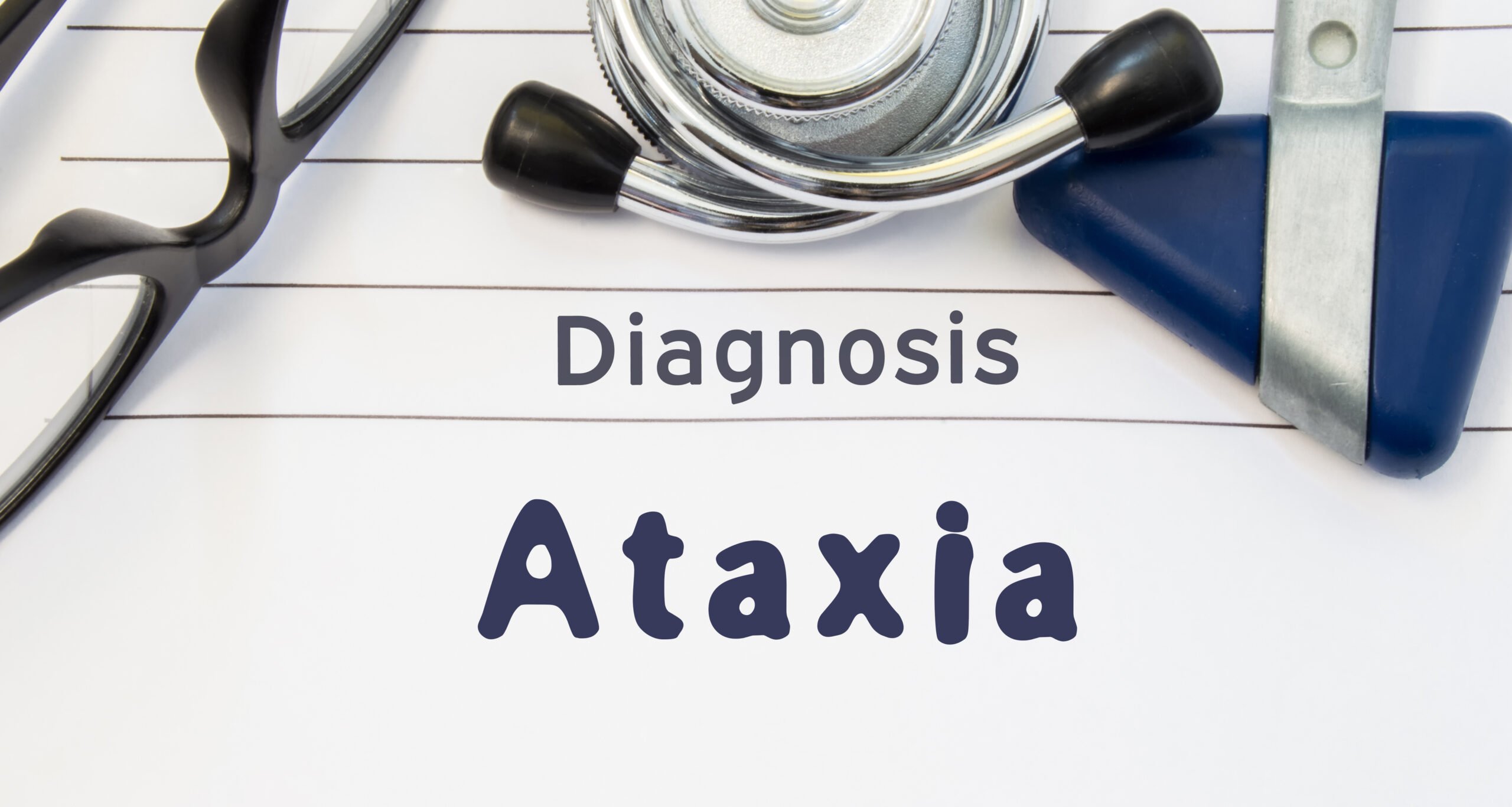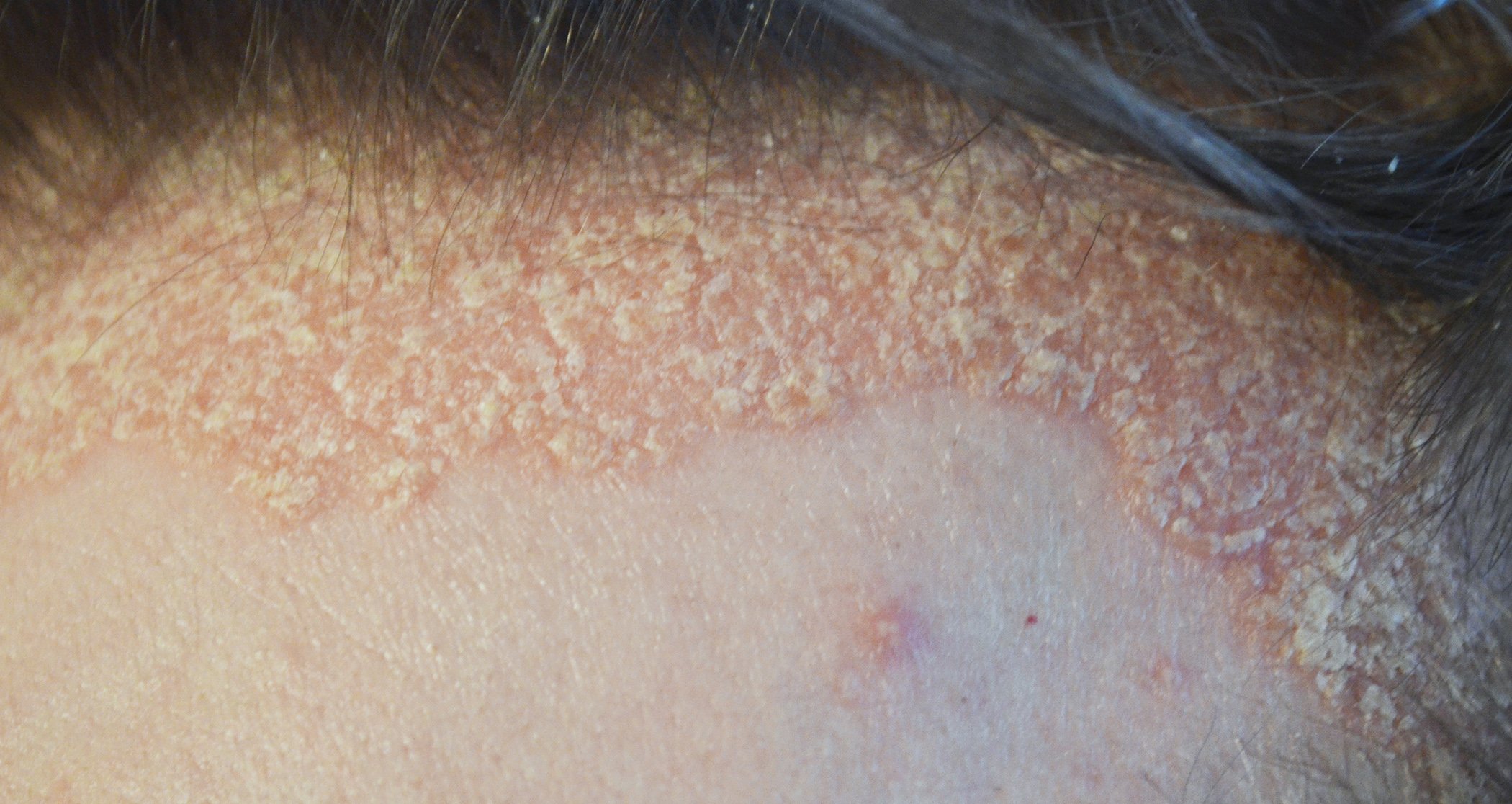Recently, the American Society of Clinical Oncology (ASCO) published new guidelines for the use of cannabinoids in adults with cancer. Studies have shown that preparations containing cannabinoids can effectively alleviate chemotherapy-induced vomiting and nausea. The ASCO guidelines were published in the Journal of Clinical Oncology and a related article with questions and answers was published in JCO Oncology Practice.
Empirical data shows that up to over 40% of adult cancer patients consume cannabis products [1,2]. Doctors should make those affected aware that preparations containing cannabinoids are by no means a substitute for cancer therapy, but can improve nausea and vomiting caused by chemotherapy if other options have been exhausted [1]. Furthermore, the guideline authors point out that the evidence base for or against cannabis or cannabinoids for the treatment of cancer-related toxicities or symptoms (e.g. tumor pain) is insufficient (Box) [1].
| Cannabis for tumor pain? A recently published Cochrane review found that cannabis-containing medicines alone are not effective for cancer pain that does not respond to morphine-like drugs (opioids). However, the experts rated the evidence level and reliability of the empirical studies to date as low overall. There are indications in individual clinical studies that cannabinoids can be effective for cancer pain when used in combination with other painkillers and in addition to standard therapy. |
| according to [6] |
Which preparations containing THC and CBD for this indication?
Cannabis contains over 100 cannabinoids. The two cannabinoids that are mainly studied and used for medicinal purposes are delta-9-tetrahydrocannabinol (THC) and cannabidiol (CBD) [3]. According to the guideline, an add-on therapy with dronabinol, nabilone or an oral extract with THC:CBD in a 1:1 ratio can be considered if cancer therapies induce nausea and vomiting and standard antiemetic treatments are not sufficient [1]. In this country, extemporaneous preparations can be prepared by a pharmacy on a doctor’s prescription [10].
Dronabinol is the internationally recognized name for semi-synthetically produced THC. In the USA, dronabinol is available in capsule form or as an oral solution. In Switzerland, the oral spray Sativex®, which contains both THC (2.7 mg) and CBD (2.5 mg), has been approved since 2013 [4]. THC has analgesic, antispastic and appetite-stimulating effects and is effective against nausea and vomiting. The diverse effects of THC are achieved by binding to specific cannabinoid receptors of the endocannabinoid system. The endocannabinoid system is involved in the regulation of numerous processes in our body (e.g. pain processing, stress regulation, appetite) [5]. While THC has an intoxicating or psychoactive effect at high doses, this effect rarely occurs at oral, therapeutic doses [3]. CBD has anti-epileptic, anti-anxiety, anti-inflammatory and relaxing effects. Even in high doses, the substance does not lead to a “high” feeling, but in combination with THC can reduce its psychoactive effects [7,8].
Nabilone is an antiemetic agent from the group of synthetic cannabinoids [9]. The effects are based on the interaction with CB1 receptors. Nabilone is closely related to the natural cannabinoid dronabinol (THC) from hemp and has the same psychoactive effect. In some countries, nabilone is commercially available in capsule form. The medicinal product is not registered in Switzerland.
| Since the amendment to the Narcotics Act in 2022, an exceptional authorization from the Federal Office of Public Health (FOPH) is no longer required to prescribe cannabinoid-containing medicines in Switzerland. However, treating physicians must report treatment data to the FOPH during the first two years of treatment. Costs are only covered by compulsory health insurance in Switzerland in exceptional cases. The available evidence for general remuneration is currently insufficient, according to a press release from the BAG. |
| to [11] |
Effects vary depending on the individual and dose
The ASCO guideline advises that clinicians should routinely ask adult cancer patients if there is an interest in cannabinoid-containing medicines [1]. And it is proposed to provide information material to facilitate joint decision-making [1]. A dosage of 300 mg oral CBD daily should not be exceeded unless patients are participating in a clinical trial. One of the reasons given is the risk of reversible liver enzyme changes. Oral cannabis products have a variable onset of action from 30 minutes to 2 hours and the effects can last 5-8 hours. Possible side effects of cannabis-containing products include tachycardia, orthostatic hypotension, severe confusion and paranoia.
Literature:
- Braun IM, et al: Cannabis and cannabinoids in adults with cancer: ASCO guideline. J Clin Oncol. Published online March 13, 2024. doi:10.1200/JCO.23.02596.
- Braun IM, Bohlke K, Roeland EJ: Cannabis and cannabinoids in adults with cancer: ASCO guideline Q&A. JCO Oncol Pract. Published online March 13, 2024.
- “General information on the use of medicinal cannabis for healthcare professionals”, Swiss Society for Cannabis in Medicine (SGCM-SSCM), www.ksgr.ch/sites/default/files/2023-03/sgcm-sscm-informationen-zur-anwendung-von-medizinalcannabis.pdf,(last accessed 07.05.2024)
- Swissmedic: Medicinal product information, www.swissmedicinfo.ch,(last accessed 07.05.2024)
- Russo E, Guy GW: A tale of two cannabinoids: the therapeutic rationale for combining tetrahydrocannabinol and cannabidiol. Med Hypotheses 2006; 66: 234-246.
- “Cannabis and cannabinoids in cancer”, www.krebsinformationsdienst.de/aktuelles/2024/cannabis-und-cannabinoide-bei-krebs.php,(last accessed 07.05.2024)
- Hudson R, et al: Cannabidiol Counteracts the Psychotropic Side-Effects of Δ-9-Tetrahydrocannabinol in the Ventral Hippocampus through Bidirectional Control of ERK1-2 Phosphorylation. J Neurosci Off J Soc Neurosci 2019; 39: 8762-8777.
- Bhattacharyya S, et al: Opposite Effects of Δ-9-Tetrahydrocannabinol and Cannabidiol on Human Brain Function and Psychopathology. Neuropsychopharmacology 2010; 35: 764-774.
- Pharmawiki, www.pharmawiki.ch,(last accessed 07.05.2024)
- “Cannabis medicinal products”, position paper,
www.kantonsapotheker.ch,(last accessed 07.05.2024) - Federal Office of Public Health (FOPH), www.bag.admin.ch/bag/de/home/medizin-und-forschung/heilmittel/med-anwend-cannabis.html,(last accessed 07.05.2024).
FAMILY PHYSICIAN PRACTICE 2024; 19(5): 43





